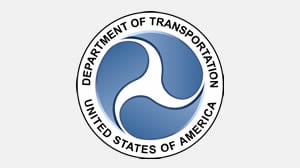RSS Feed Source: Academic Keys
Research Opportunities
Perception and Computer Vision
Work description
The automation of internal logistics operations using mobile forklift robots (autonomous stackers) requires advanced visual perception capabilities. The challenge is to develop systems capable of:
Accurately detecting the position where forks should be inserted to handle pallets and shipping boxes. Automatically assessing the condition of pallets to avoid damage to the load or accidents during transport. Ensuring safe and efficient operations in dynamic industrial environments.
Academic Qualifications
Master’s Degree in Electrical and Computer Engineering.
Minimum profile required
Enrollment in a PhD in Electrical and Computer Engineering. Proven experience in R&D projects. Knowledge of ROS (Robot Operating System). Experience in C/C++ programming. Experience with Artificial Intelligence frameworks.
Preference factors
Knowledge of AI and Computer Vision. Experience with RGB-D, Stereo and Structured Light image sensors. Python programming skills.
Maintenance stipend: €
Click this link to continue reading the article on the source website.


